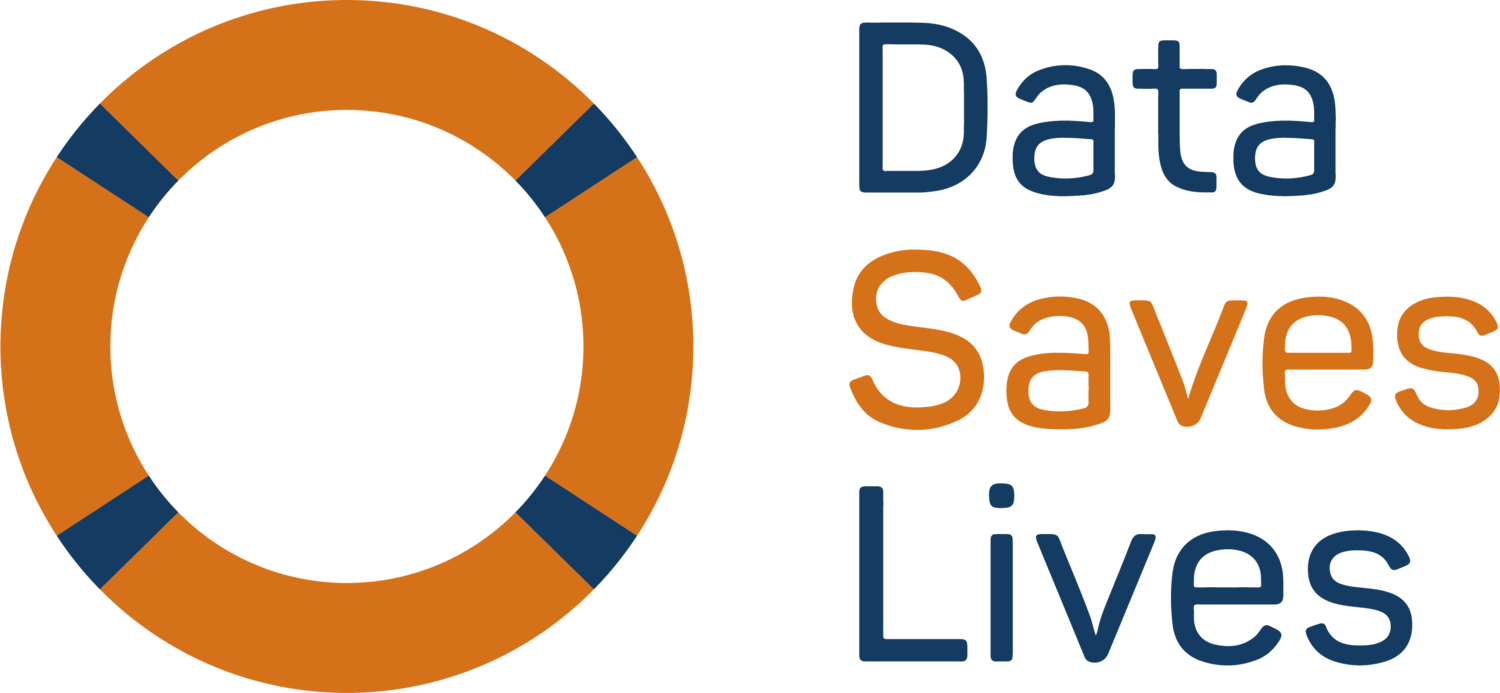I regularly use the “My Health App” and “Arthritis Power App”.
The My Health App (by my provider) is a form of electronic medical record, which can be accessed by patients and their doctors. Data found on this app consists of past medical history, including information related to past hospital admissions (case summaries), upcoming medical appointments, entitlement to free medication, laboratory results and medical imaging reports. As a patient, having access to such information is essential to keep track of progress or worsening of various medical conditions/diseases. But what I love the most, is that fact that I have ultimate control; I can choose with whom I share my personal data and I can actively engage in my health management around the clock, at the click of a button. Another bonus is that I am also equipped with medical records in case of emergency while travelling abroad.
Another great example of a digital health tool is the “Arthritis Power App”, which allows me to track symptoms related to my condition, including pain and fatigue and hours of restful sleep. It can also provide me with a record of the treatments that that I have been prescribed. Because of this, I feel that my care is self-directed as I can use the in-app function to gauge how I am responding to new medications and treatments – which can identify subtle abnormalities/effects that I may not have ‘clocked’ otherwise. Another beneficial aspect is that the app includes educational tools to help me manage my condition.
With regards to the My Health app, one drawback is that laboratory results and medical imaging reports are not released until the specialist consultant reviews the results. In my experience, specialist consultants sometimes only review results at the following appointment, which can be months later. This can mean that a patient is left unaware of their test results, and precious time that could have been used to address any issues may have been lost. This may also cause anxiety for patients if they have to wait for an extended period of time for their results.
M-health apps and telemedicine are increasing in popularity and have become a useful tool to both patients and clinicians. Patients can keep track of their own health data in real time and inform healthcare providers of any abnormalities. In my opinion, patients should have access to test results as soon as possible to empower them to be proactive.
Although health apps are becoming more sophisticated, I think more could be done in terms of medication management. For example, push notifications could help to remind patients to take their medications and notify them when they are due to refill their prescription. By compliantly helping patients to self-manage their care, we can ensure less treatment interruptions, which ultimately improve outcomes and quality of life.
I think the language we use when talking about m-health and digital health more broadly can be off putting or isolating to some people. Having a glossary to explain terms such as artificial intelligence, big data, data protection, digital health, and digital literacy amongst others, could be extremely valuable.
Jane Giudice, Gravitate Health Project User Advisory Group Member


